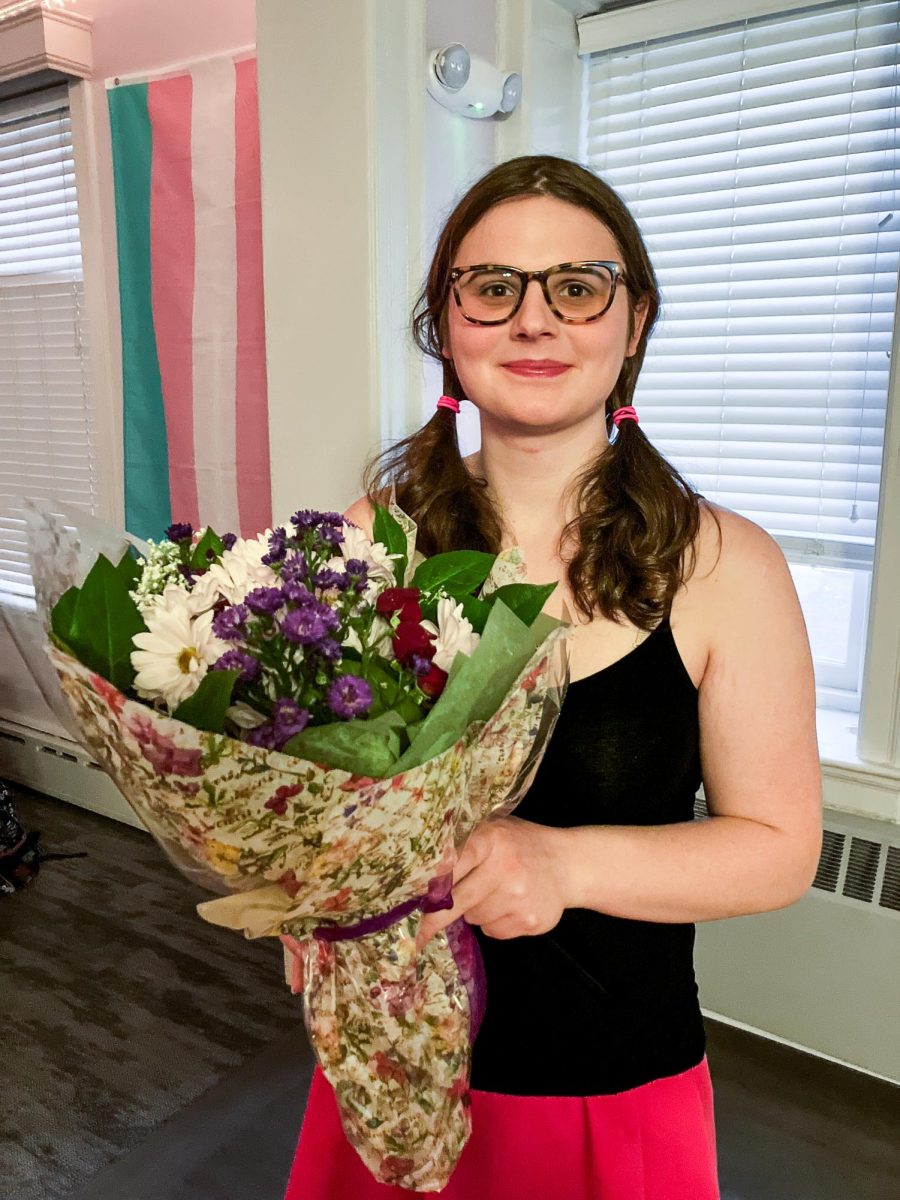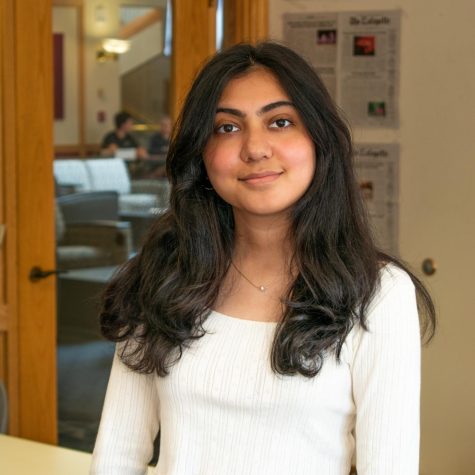In a joint effort to “dismantle systems of oppression” on campus, Lafayette Mutual Aid and the Panhellenic Council (Panhel) raised over $5,750 for Black, Indigenous, and People of Color (BIPOC) last week. The fundraiser was an effort to raise awareness and support for both groups, and to provide resources for BIPOC people on College Hill and the surrounding area.
Established by Savanna Toure ’21 and Natalie Beckford ’24 last fall, Lafayette Mutual Aid is dedicated to “amplifying shared access to housing, food, material and financial resources for BIPOC folks at Lafayette College and the Lehigh Valley,” according to their website. The organization is a part of the larger Dear Lafayette College coalition, a group dedicated to addressing systematic racism and discrimination in the Lafayette community.
“Our focus was to increase education on what Mutual Aid is and to raise money for the effort at Lafayette College to help serve both our classmates and the greater Lehigh Valley,” President of Panhel Caitlyn Dempsey ‘22 said.
The Panhellenic Council decided to reach out to Lafayette Mutual Aid because of the immense impact their work has had on BIPOC students in the Lafayette community, they said.
“Our council hoped to utilize some of the money that is classically associated with Greek life towards the greater good of the community. Our council agrees that we exist to work towards the betterment of every person on campus, and we felt that this fundraiser was a way to really positively impact BIPOC students,” Dempsey said.
The student-led council leveraged its influence over sororities on campus to help coordinate the large-scale fundraiser. Each Lafayette sorority was assigned a day of promotion starting between April 11 to April 15, and all organizations participated on the final day, April 16. Members listed a Venmo board and posted information about Lafayette Mutual Aid on their personal social media accounts to inform donors about their contribution.
“We had a united goal to make this as successful as possible in order to better the community, and our united vision was really what worked us through. [Lafayette Mutual Aid’s] encouragement and vision was the drive of the fundraiser, and Panhel simply provided a different audience for them,” Dempsey said.
Greek organizations have been under continuous scrutiny the last past year, with many alleging that they are not racially diverse enough. In a recent survey conducted by the student government Greek life committee, nearly 60% of respondents said that Greek life is not inclusive.
While proud of their work thus far, the Panhellenic Council said they plan to implement changes in order to cultivate a more welcoming community. They hope to restructure their required Diversity, Equity and Inclusion educational requirements for Greek chapters on campus, as well as provide lists of these events throughout the school year. Moreover, the council intends to continue their fundraising efforts for the BIPOC community and sustain communication with other equity-focused organizations on campus.
“We are constantly attempting to work on bettering ourselves as long as we remain on campus,” Dempsey said. “We are especially excited to hold recruitment in the fall semester with some changes that we will be giving more information about in the near future.”
Lafayette Mutual Aid said they would also like to build on the momentum of the latest fundraiser to solidify and support pre-existing mutual aid efforts on College Hill. They have already established working relationships with Laf Alumni Helps, Undocufund and Pard Pantry.
This past week Mutual Aid also hosted a sticker sale with Lafayette Sunrise, a new club on campus dedicated to fighting for climate justice.
“It is important to be able to educate our community through partnerships with the BIPOC community members and allies. The funds that we have collected with both SHEESH and PanHel will help us further address the financial hardships that BIPOC in our community face due to the oppressive systems that deter them from having equitable access to resources, as compared to those with socially accepted identities,” Beckford said.



























































































































